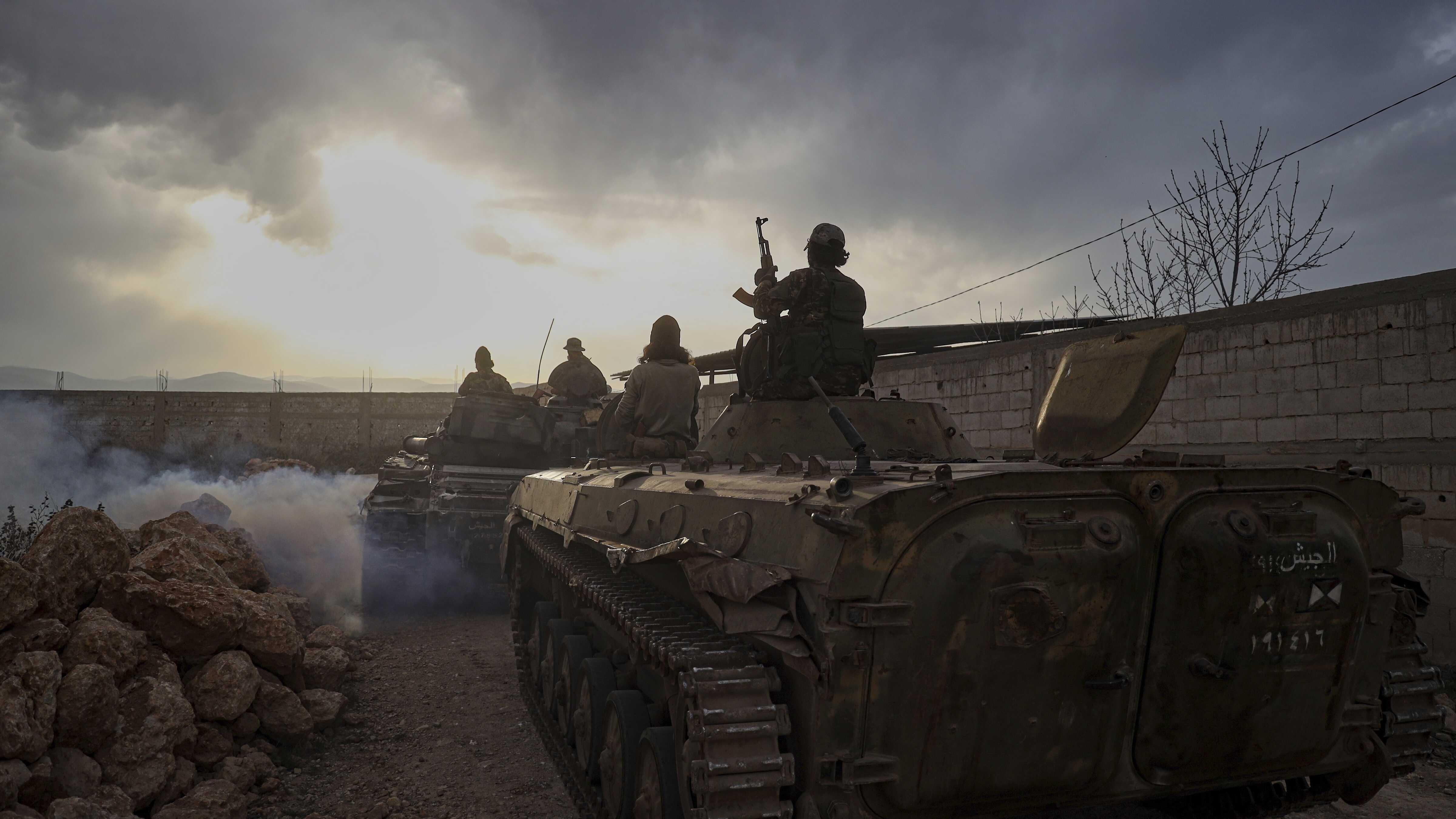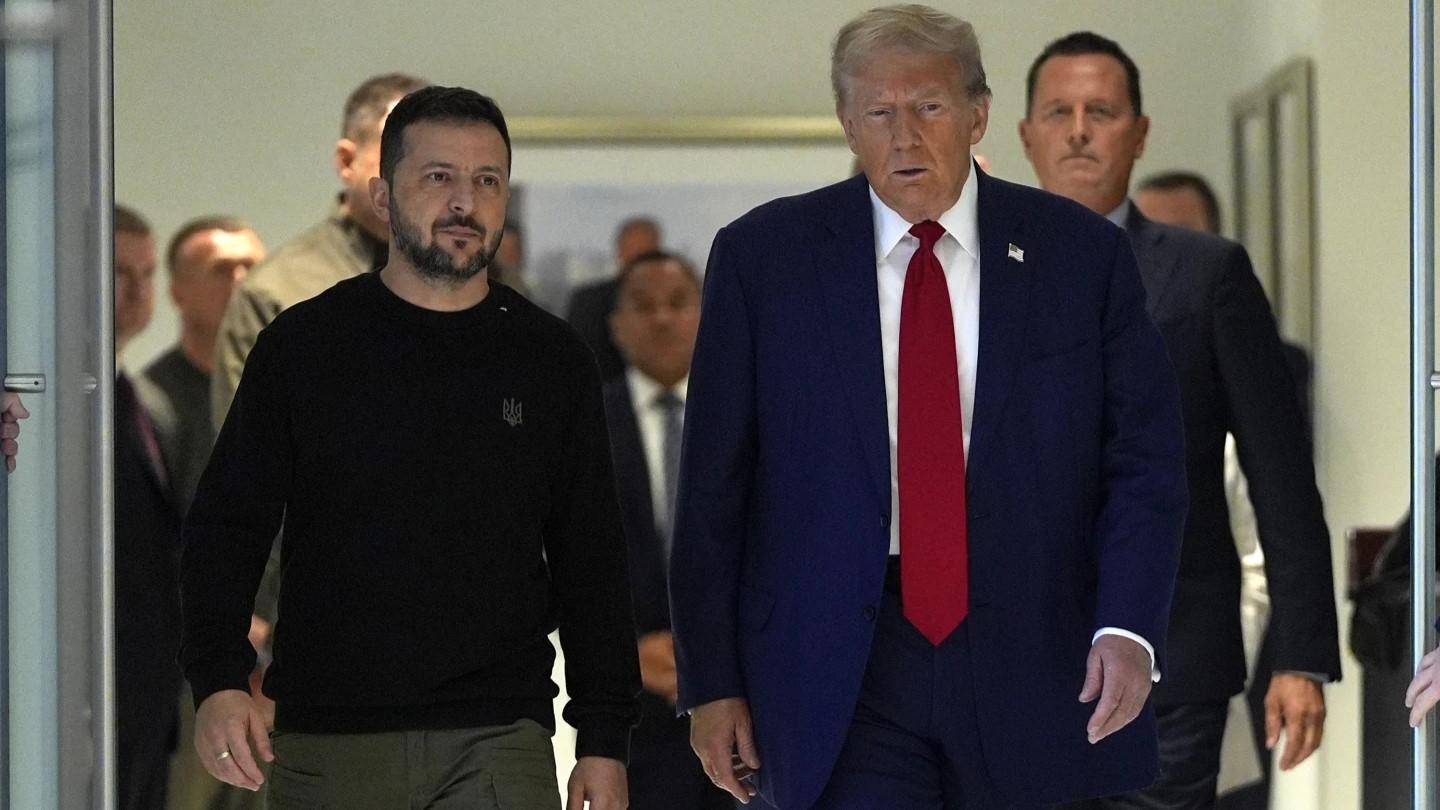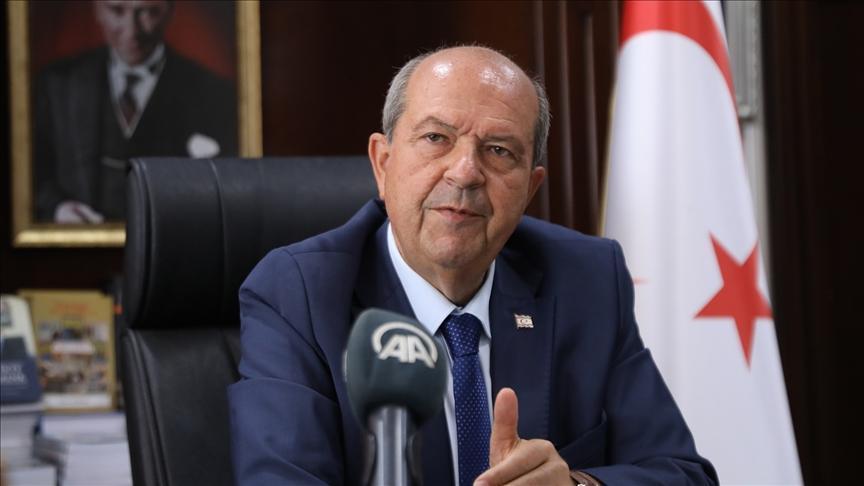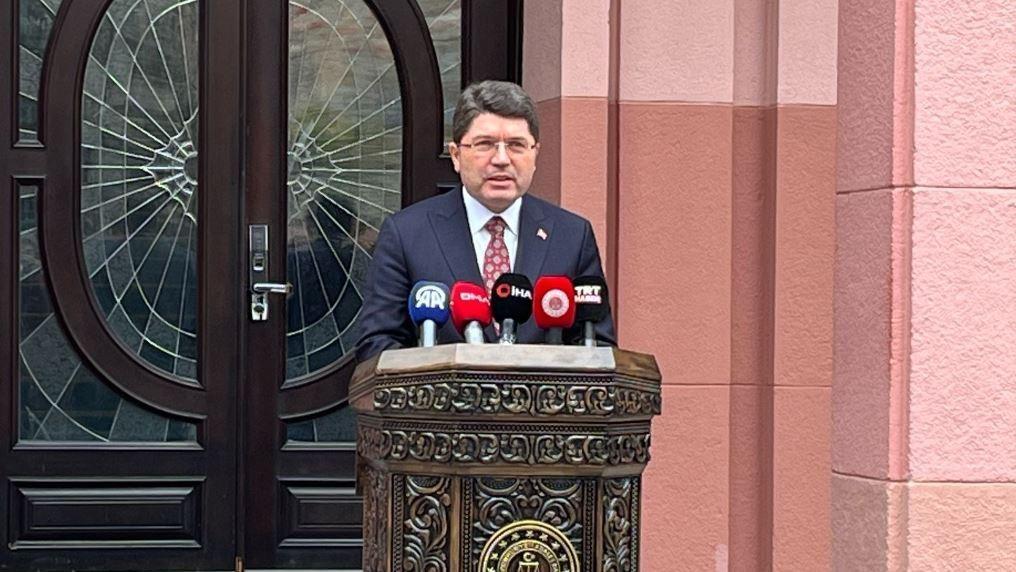Frustration lingers in Rwanda amid France genocide spat
KIGALI - Agence France-Presse
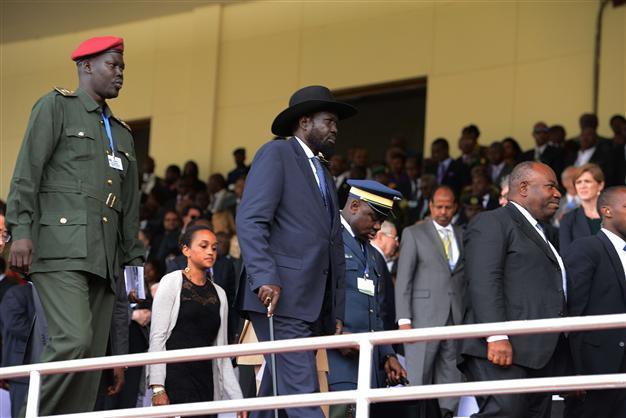
The anniversary has been marked by reminders of festering anger with a major diplomatic row breaking out over renewed allegations of French complicity in the genocide. AFP Photo
As France digs in its heels and maintains it has nothing to apologise for when it comes to the Rwandan genocide, ordinary victims and survivors are unimpressed: the French authorities, they say, should say sorry.Lingering bitterness over the tortured relations between the two countries came to the fore again this week amid commemorations marking the 20th anniversary of the murder of 800,000 people, most of them ethnic Tutsis, at the hands of Hutu extremists.
Feeling insulted by renewed allegations from Rwandan President Paul Kagame of French complicity, France's Justice Minister Christiane Taubira cancelled her trip to Kigali for a memorial ceremony.
Rwanda in turn decided that a downgraded French presence at the commemorations was not on, and told France's ambassador to Kigali to stay at home. But aside from the official tussle, the issue is also one that resonates among many ordinary Rwandans.
"It is 20 years, and still this goes on. When will they simply say sorry?" said Peter, a young man in his twenties who declined to give his last name.
He said the diplomatic spat has been an unwelcome distraction from the solemnity of the commemorations and the theme of forgiveness and remembrance.
"This time is about those who died, not a political game of football. Their leaders are behaving like children angry at being told off, when it is about facing up to facts of history of genocide."
The dispute centres on France's role prior to the genocide as a close ally of the Hutu nationalist regime of Juvenal Habyarimana. The shooting down of his plane over Kigali late on April 6, 1994 was the event that triggered 100 days of meticulously-planned slaughter.
France is accused of missing or ignoring the warning signs, and of training soldiers and militia who carried out the killings. When the genocide was in full swing, France was accused of using its diplomatic clout to stall effective action.
When it did finally send in troops -- in Operation Turquoise -- it was accused of only doing so to counter the advance of Kagame's Tutsi rebels and allow the perpetrators to escape to neighbouring Zaire, now the Democratic Republic of Congo.
France, however, maintains its deployment stopped the killings and saved thousands of lives.
And French officials insist that any guilt for failing to prevent the genocide is shared by the entire international community, and in turn accuse Kagame of only raising the issue to distract attention from what they say is his own poor human rights record.
But Eugene Mussolini, a survivor of the genocide in his thirties, signalled that Kagame's criticisms reflected the view held by many in the general public.
France "was among the countries that were supporting militia and the former government... they had all the power and all the capacity to stop the militia and they didn't do anything," he said.
"Maybe there is a bit of arrogance on the part of France," added Jean-Claude Nkulikiyimfura, a genocide survivor in this thirties. "It is the death of a million people we are talking about." Bernard, 35, who fled as a teenager to Uganda during the genocide, voiced regret that the latest diplomatic spat went against the theme of forgiveness and reconciliation.
"We've learnt to forgive each other, to live as Rwandans alongside those who carried out attacks," he said, speaking in a chic Kigali cafe selling croissants and other French-style pastries.
"It was not this government in France now, so why not move on? As a country, Rwandans have forgiven each other to live alongside each other."
Francoise Karangwa, a 25-year-old who has just finished studying accountancy, also backed the Rwandan government line that French authorities needed to swallow their pride and apologise.
"Rwandans forgive even if you cannot forget," Karangwa said, who lost several family members in 1994. "We cannot force them to apologise, but it would be a courageous act."
Rwandan Foreign Minister Louise Mushikiwabo said France had "missed a very important opportunity to make amends," but also stressed it was an issue for the government and not the French people.
"I remain hopeful that some of the leaders in France, some of the people in the military establishment particularly, who are often behind this denial, will realise that for our people, our countries, we are much better off moving forward," she told reporters on Monday.


